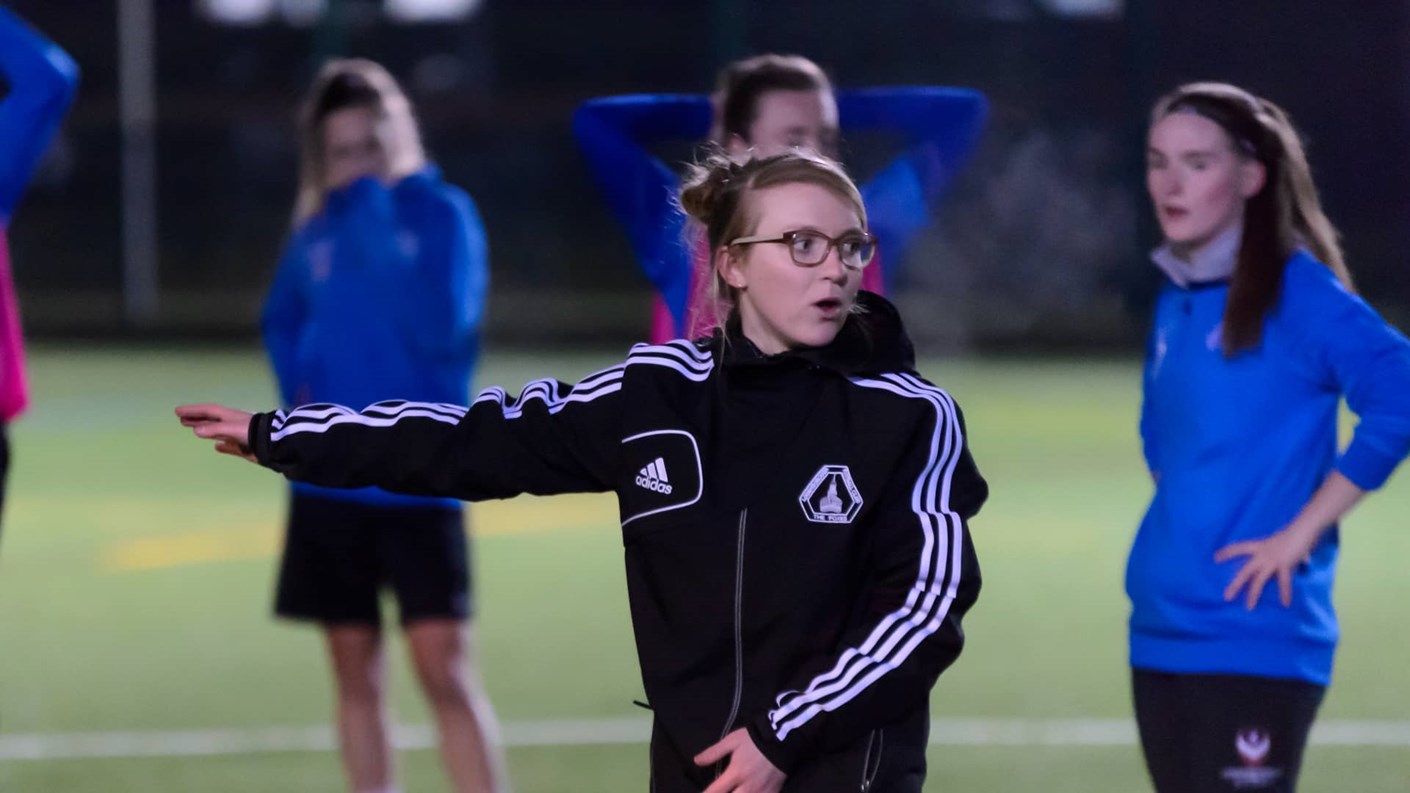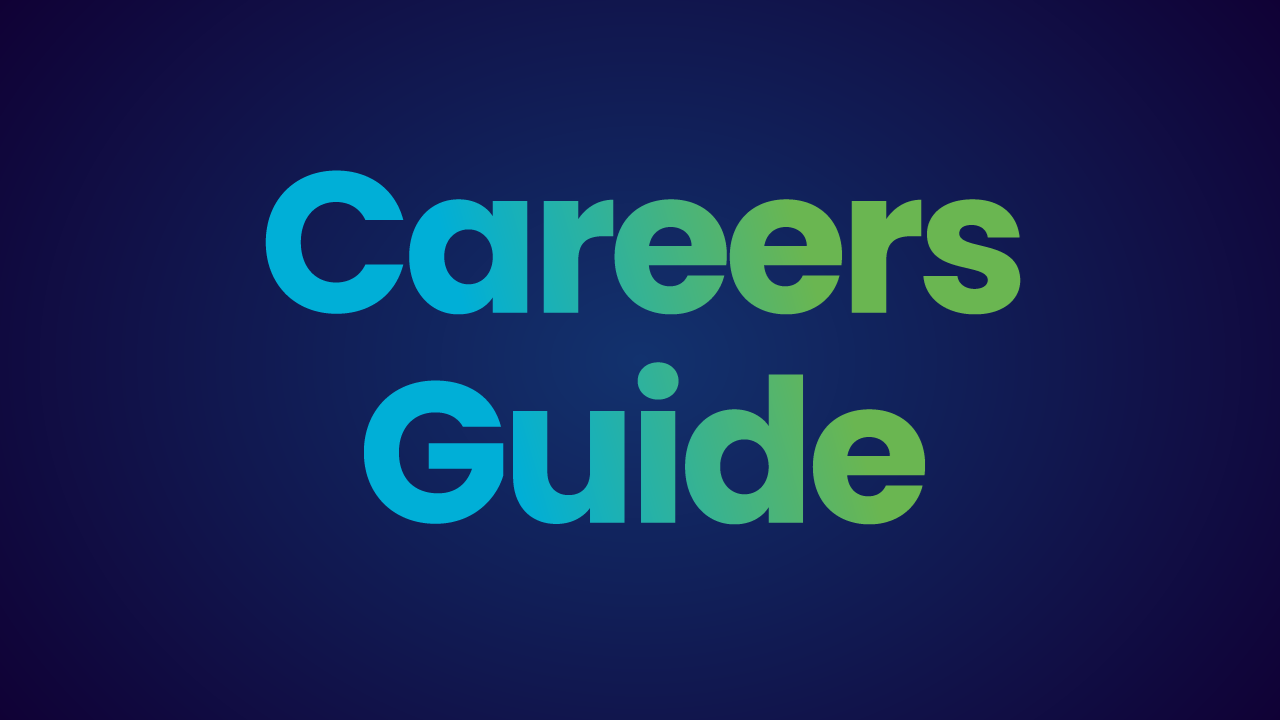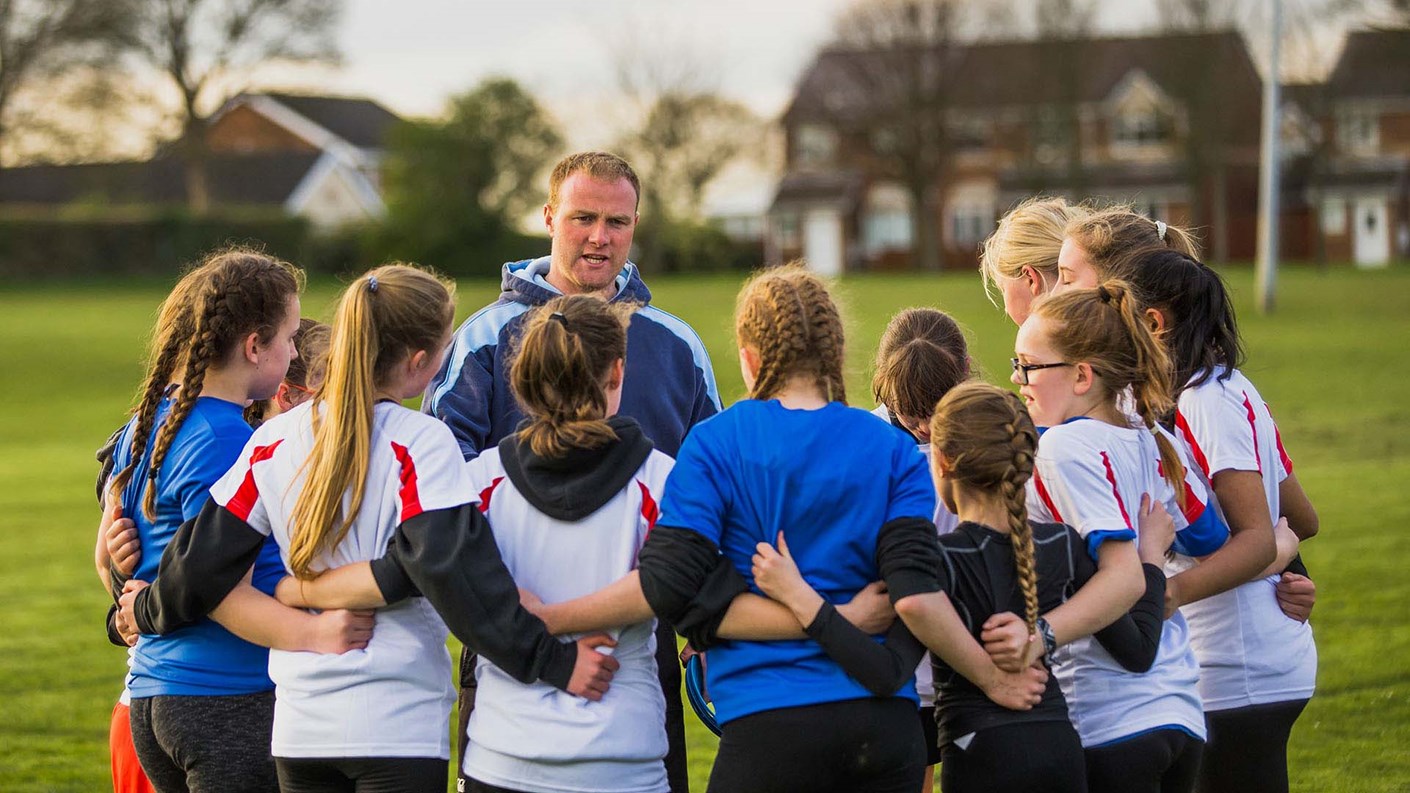Coach
Industries: Community sport

Overview and responsibilities
Coaching is an incredibly rewarding role which helps individuals and teams to unlock their potential. Coaches are passionate about their sport and pass on their knowledge to those they are coaching. Regularly working with different groups, from preschool children to adult professionals, coaching is visible throughout the sport and physical activity sector and has a substantial impact.
Coaches can – and do – have an inspirational effect on individuals, groups and communities. They are expected to lead the planning, preparation and delivery of sport and physical activity sessions as well as to continuously evaluate and review progress and enjoyment.
Coaches ensure that the culture and environment that they are operating within meets the participants’ needs while allowing them the opportunity to achieve their goals and aspirations. Coaches are expected to tailor their sessions to the individual or group’s needs and must have an inclusive approach.
Coaches rarely work in isolation and regularly work with other professionals such as other coaches, volunteers, parents, youth workers and teachers.




